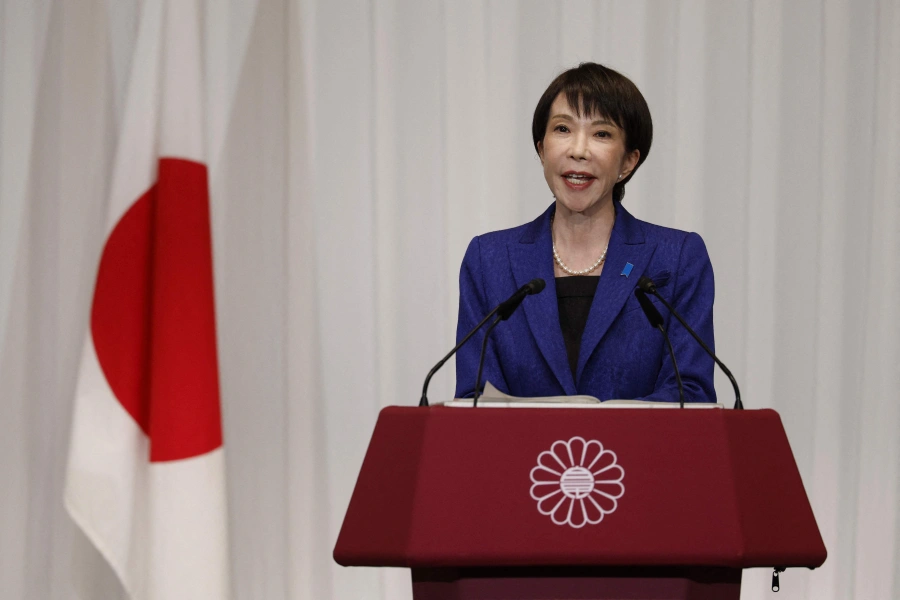To its credit, the Act did go a long way on both the fonts. But now the government risks unraveling any gains on press freedom in the last five years. In a bizarre revision of the RTI Act, a government committee under Chief Secretary Madhav Ghimire has widened the scope of the Act’s Article 3 (Clause 3). This allows government bodies to withhold vital information which, among other serious ramifications for state and public security, “seriously jeopardizes the sovereignty, integrity, national security, public peace, stability and international relations of Nepal”.
Significantly, the same clause forbids government organs from withholding information “provided that the public body shall not refrain from the responsibility of flowing information without appropriate and adequate reason not to flow information”. But the latest revisions, made by stepping on Article 27 (Clause 6) of the RTI Act—which grants the (Chief Secretary-led) committee the right to “review in every ten years whether any information classified as confidential meets that criteria”—seem entirely arbitrary.
For instance, according to the revised Act, the proposals presented to the Cabinet of Ministers will be kept confidential until the time the Cabinet decides to makes its decisions public. Apparently, publication of such ‘immature’ information will be ‘inappropriate’. Likewise, all matters dealing with a case being investigated by the Commission for Investigation of Abuse of Authority (CIAA) will be kept under wraps until the anti-graft body presents the case in court so that “such information may not hamper investigation”.
There are many such revisions concerning information that may (or may not) be published by the Office of the Auditor General, the Election Commission, the Nepal Army, and almost all the important public institutions. It is easy to see from the examples cited above that many of the revisions simply reinforce the suspicion that the government is bent on curbing people’s right to information and press freedom, both among the most fundamental basis of a democratic society. The Cabinet will now have more powers to impose its decisions, even if they are against democratic norms.
The serious abuse of power and responsibility in important state organs like the CIAA is likely to go unreported without the scrutiny of free press. We are thus deeply concerned about the likely abuses of the revised RTI Act and request the government to seriously rethink its decision. An unaccountable democratic government, we are afraid, is little better than an opaque autocratic monarchy.
Revisiting revisionist history


































